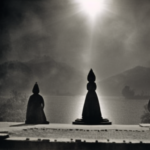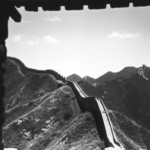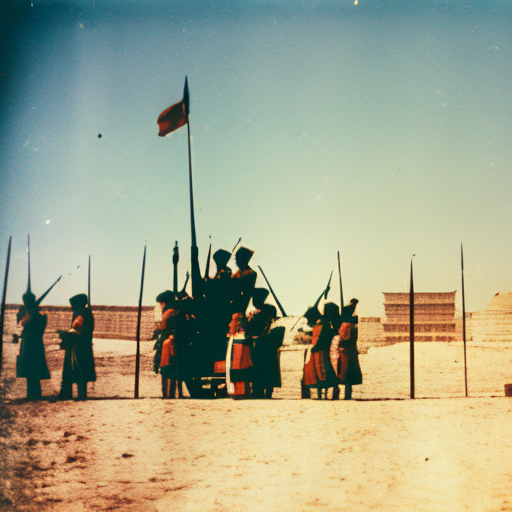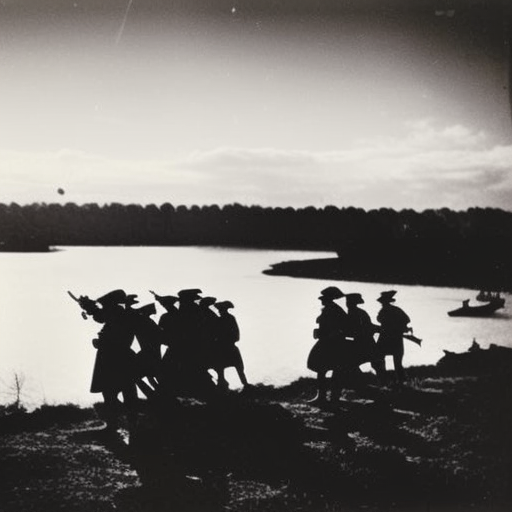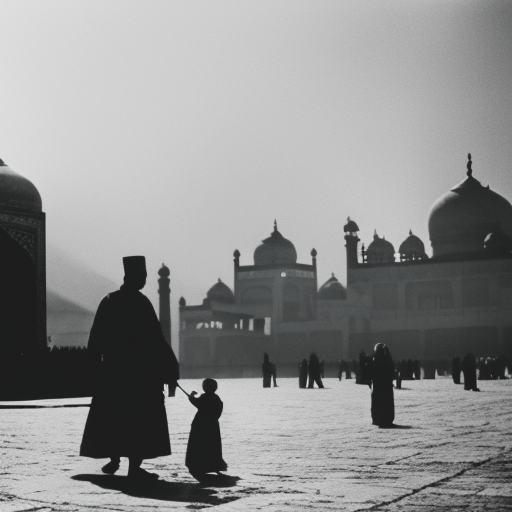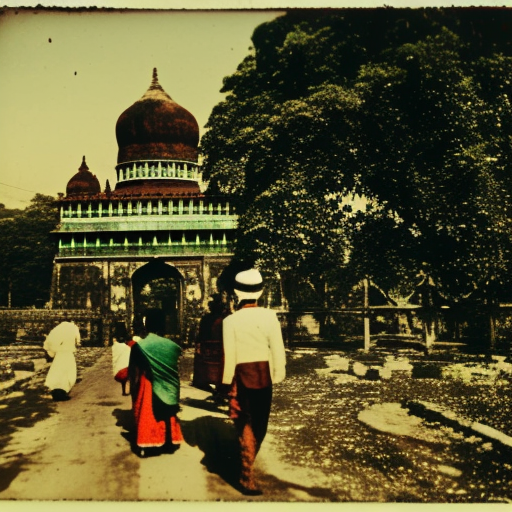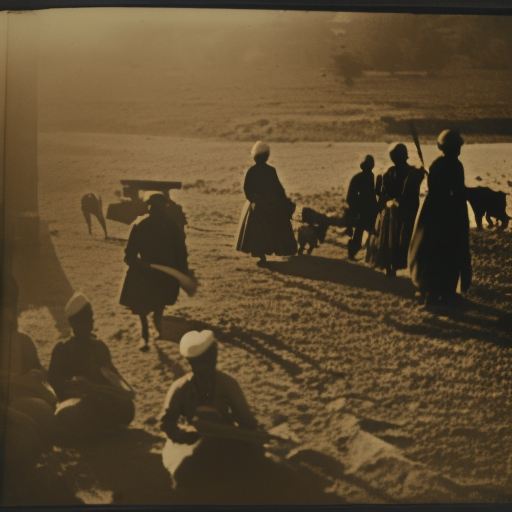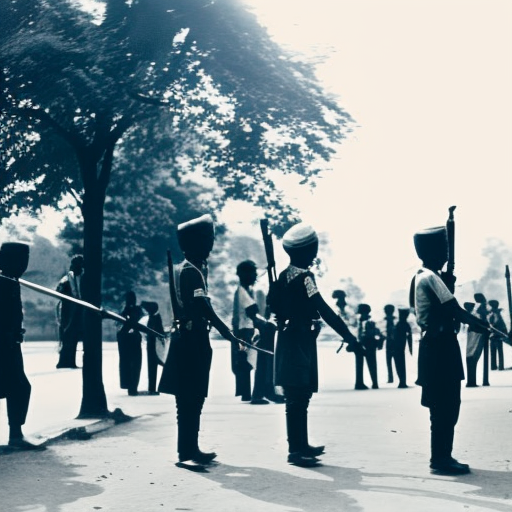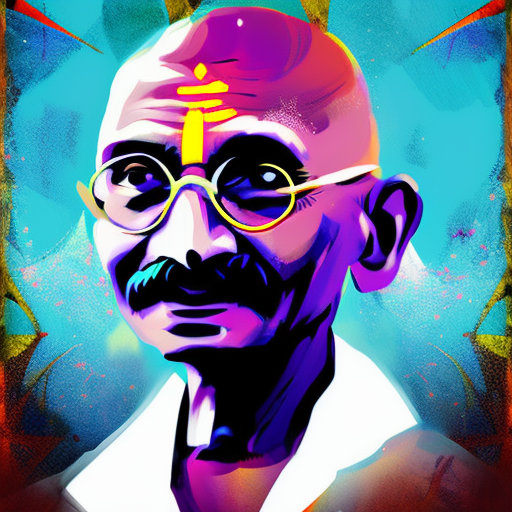The Reign of Emperor Ashoka: A transformative era marked by Ashoka’s conversion to Buddhism and his efforts to promote peace, religious tolerance, and social welfare in ancient India.
The Battle of Plassey (1757) Explained
The Battle of Plassey in 1757 marked a turning point in Indian history as the British East India Company’s victory established their dominance over Bengal and laid the foundation for British colonial rule in India.
Mahatma Gandhi and the Indian Independence Movement Explained
The Indian Independence Movement led by Mahatma Gandhi aimed to achieve freedom from British colonial rule through nonviolent resistance.
Akbar the Great Explained
Akbar the Great was a Mughal emperor who ruled India from 1556 to 1605, known for his religious tolerance and administrative reforms.
The Mughal Empire Explained
The Mughal Empire was a powerful Islamic dynasty that ruled over most of the Indian subcontinent from the 16th to the 19th century.
The Maurya Empire Explained
The Maurya Empire was a powerful ancient Indian empire that unified most of the Indian subcontinent under the rule of Emperor Ashoka.
Siege of Cawnpore Explained
The Siege of Cawnpore was a pivotal event during the Indian Rebellion of 1857, where Indian rebels besieged and ultimately massacred British civilians and soldiers in Cawnpore (now Kanpur), India.
Indian Rebellion of 1857 Explained
The Indian Rebellion of 1857 was a major uprising against British rule in India, marking a turning point in the country’s struggle for independence.
Indian independence movement Explained
The Indian independence movement was a nonviolent struggle for freedom from British colonial rule in the early 20th century.
Gandhi: An Autobiography Summary
Gandhi: An Autobiography” is a firsthand account of Mahatma Gandhi’s life and his nonviolent struggle for India’s independence.





